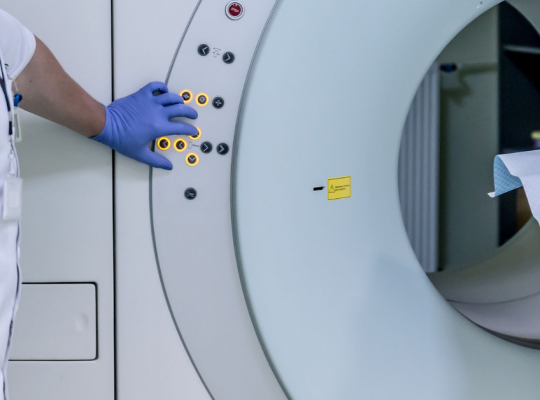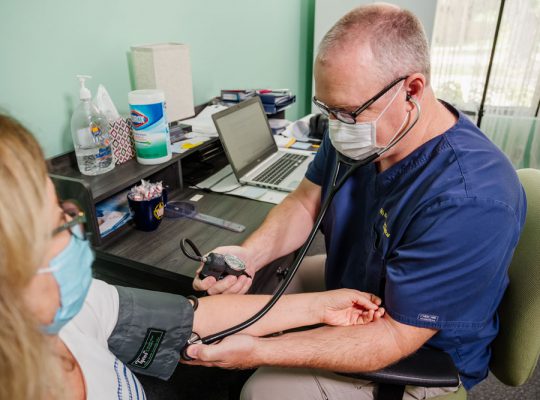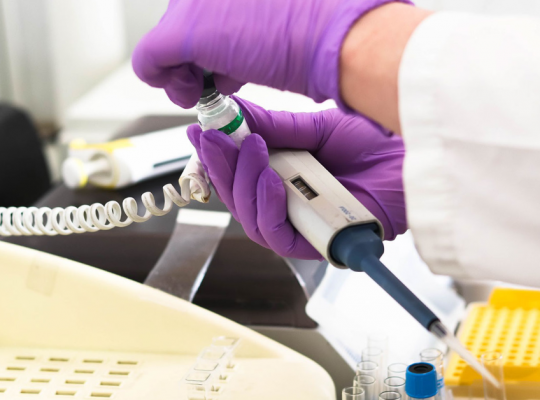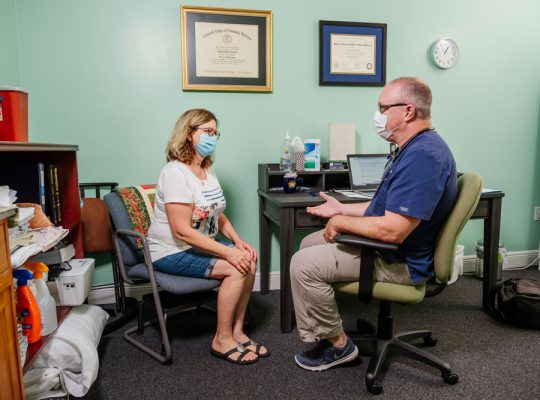Written for and originally shared to Tampa Bay Birth Network by Mary Ellen Kramp DPT, CLT-LANA, Owner of Evolution Medical Associates and President of Pelvic Health Research Initiative.
A woman’s body goes through a lot of changes and some significant trauma with pregnancy and delivery. Many women have pelvic pain, pain with intercourse, stress incontinence (leaking urine when you cough, laugh, sneeze, etc.), fecal incontinence, or difficulty contracting abdominal muscles after birth. All of these issues are common and can be addressed with pelvic physical therapy. Most women assume that they will leak urine when they laugh or cough or run after birth because every other woman tells them so and so do all of those commercials on TV. Stress incontinence is quite common, but it is NOT NORMAL! It is treatable and only takes a few sessions.
Pelvic floor pain is another issue that is quite common after delivery (and before pregnancy for many women) which can be addressed by physical therapy. Scar tissue from a tear or episiotomy can create pain either with sitting or moving or with intercourse. Many women assume that their pelvic floor is going to hurt because they had a baby, so of course, sex will hurt, but that is not the case. Therapists have gentle techniques to deal with trigger points and scar tissue from the delivery to eliminate pelvic pain.
Another common problem postpartum is diastasis recti. This is when the abdominal muscles separate and create a gap. Many women notice this as a “baby belly” that they cannot get to go back down or really weak abs that do not strengthen, no matter how much exercise and “core work” they do. Although this problem is sometimes surgical, therapy can often help to close the gap in the muscles in a large percentage of women and get better-coordinated contractions.
In the United States, the average woman receives prenatal care monthly until the end of the pregnancy when it becomes weekly. However, after she gives birth, she is released from the hospital and has a 6-week follow-up appointment. If she had a C-section, she also has a 2-week follow-up appointment to remove any staples or stitches, but that is the extent of the care. In contrast, women in parts of Europe receive weekly therapy starting one week after birth.
At the 2016 American Urogyn Association meeting, there were several sessions where the topic of postpartum care came up. Why are we waiting 6 weeks to begin any care (if it is even offered) when someone who has a total knee or total hip replacement is seen by therapists (which is standard care) within hours of the surgery?
Studies are showing that the sooner tissues are mobilized after trauma, the better the body is at laying down the necessary scar tissue in a manner that is optimal. We have been doing this with orthopedic surgeries for years. As therapists, we work with people to show them how to contract the muscles again, manage swelling, treat trigger points, and decrease pain levels.
So why do women not get the postpartum care they need?
One problem is that many women are too embarrassed to tell their physician that they are having problems with pain or incontinence. Sometimes the problem is that the woman tells a friend and she is told, “Welcome to Motherhood!” and then assumes she is stuck with the problem forever. Other times she might be told merely to do some Kegels and that will fix it when she needs far more specific treatment. Do not be afraid to talk to your doctor about problems you might be experiencing after the baby is born or seek out care. If you feel you need therapy, you can find pelvic physical and occupational therapists at www.womenshealthapta.org, www.pelvicrehab.com, or locally in the Tampa Bay area at www.EvolutionMedicalAssociates.com. Do not suffer in silence.






Thank you!